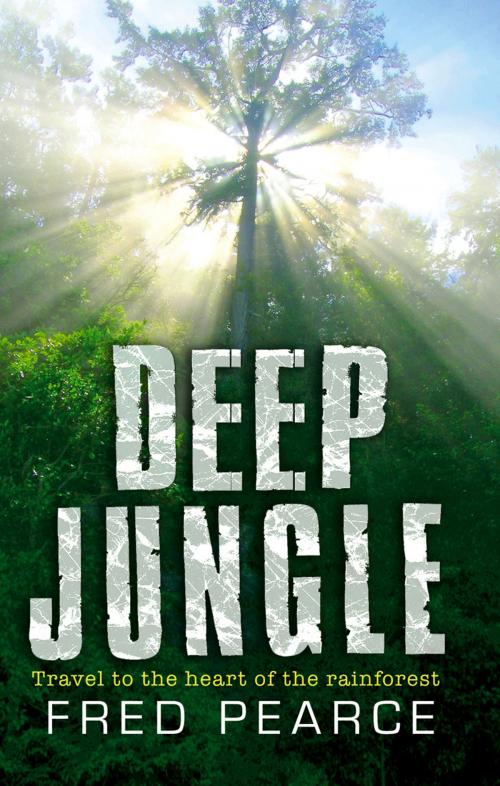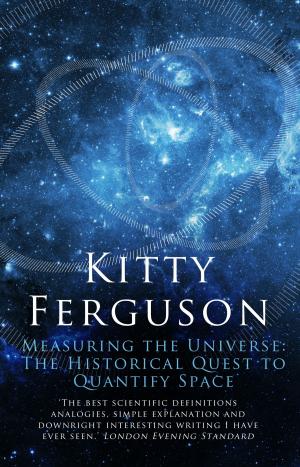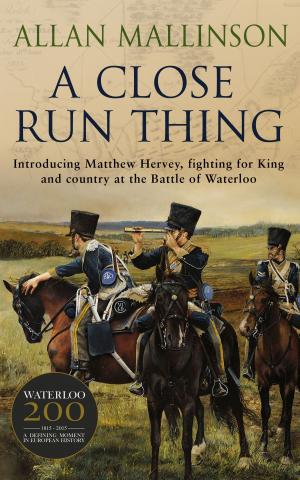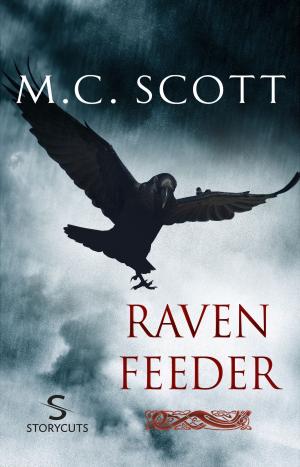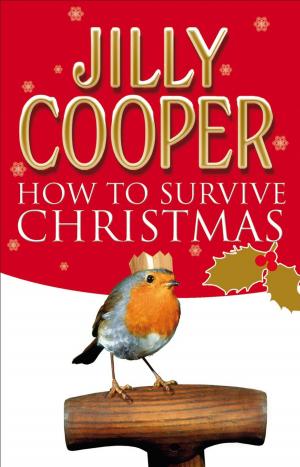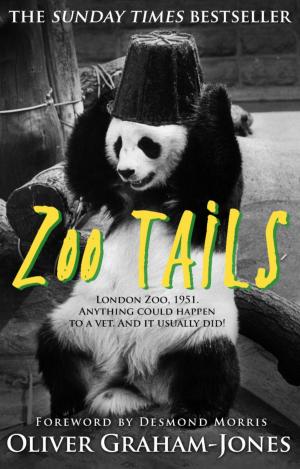Deep Jungle
Journey To The Heart Of The Rainforest
Nonfiction, Social & Cultural Studies, Social Science, Archaeology, Science & Nature, Technology, Agriculture & Animal Husbandry, History| Author: | Fred Pearce | ISBN: | 9781409010968 |
| Publisher: | Transworld | Publication: | October 31, 2010 |
| Imprint: | Transworld Digital | Language: | English |
| Author: | Fred Pearce |
| ISBN: | 9781409010968 |
| Publisher: | Transworld |
| Publication: | October 31, 2010 |
| Imprint: | Transworld Digital |
| Language: | English |
DEEP JUNGLE is an exploration of the most alien and feared habitat on Earth. Starting with man's earliest recorded adventures, Fred Pearce journeys high into the canopy - home to two-thirds of all the creatures on our planet, many of whom never come down to earth. During his travels he encounters all manner of fantastic flora and fauna, including a frog that can glide from tree to tree, a spider that can drag live chickens into its burrow and a flower that smells of decaying flesh.
It is in the jungle that Pearce discovers secrets about how evolution works, the intricate links that connect us all, and maybe even clues to where humans came from - here is the key to our future foods and medicines, our climate and our understanding of how life works. At the start of a new millennium Pearce asks why we continue to waste precious time - and billions of dollars - looking for signs of life elsewhere in our universe when the greatest range of life-forms that have ever existed lies right here on our doorstep. Today environmentalists say we are on the verge of destroying the last rainforests, and with them the planet's evolutionary crucible, and maybe even its ability to maintain life on Earth. But nature has a way of getting its own back. The Mayans and the people of Angkor went too far in manipulating nature and paid the ultimate price. Their civilisations died and the jungle returned. Nature reclaimed it's own and it may do so again ...
DEEP JUNGLE is an exploration of the most alien and feared habitat on Earth. Starting with man's earliest recorded adventures, Fred Pearce journeys high into the canopy - home to two-thirds of all the creatures on our planet, many of whom never come down to earth. During his travels he encounters all manner of fantastic flora and fauna, including a frog that can glide from tree to tree, a spider that can drag live chickens into its burrow and a flower that smells of decaying flesh.
It is in the jungle that Pearce discovers secrets about how evolution works, the intricate links that connect us all, and maybe even clues to where humans came from - here is the key to our future foods and medicines, our climate and our understanding of how life works. At the start of a new millennium Pearce asks why we continue to waste precious time - and billions of dollars - looking for signs of life elsewhere in our universe when the greatest range of life-forms that have ever existed lies right here on our doorstep. Today environmentalists say we are on the verge of destroying the last rainforests, and with them the planet's evolutionary crucible, and maybe even its ability to maintain life on Earth. But nature has a way of getting its own back. The Mayans and the people of Angkor went too far in manipulating nature and paid the ultimate price. Their civilisations died and the jungle returned. Nature reclaimed it's own and it may do so again ...
